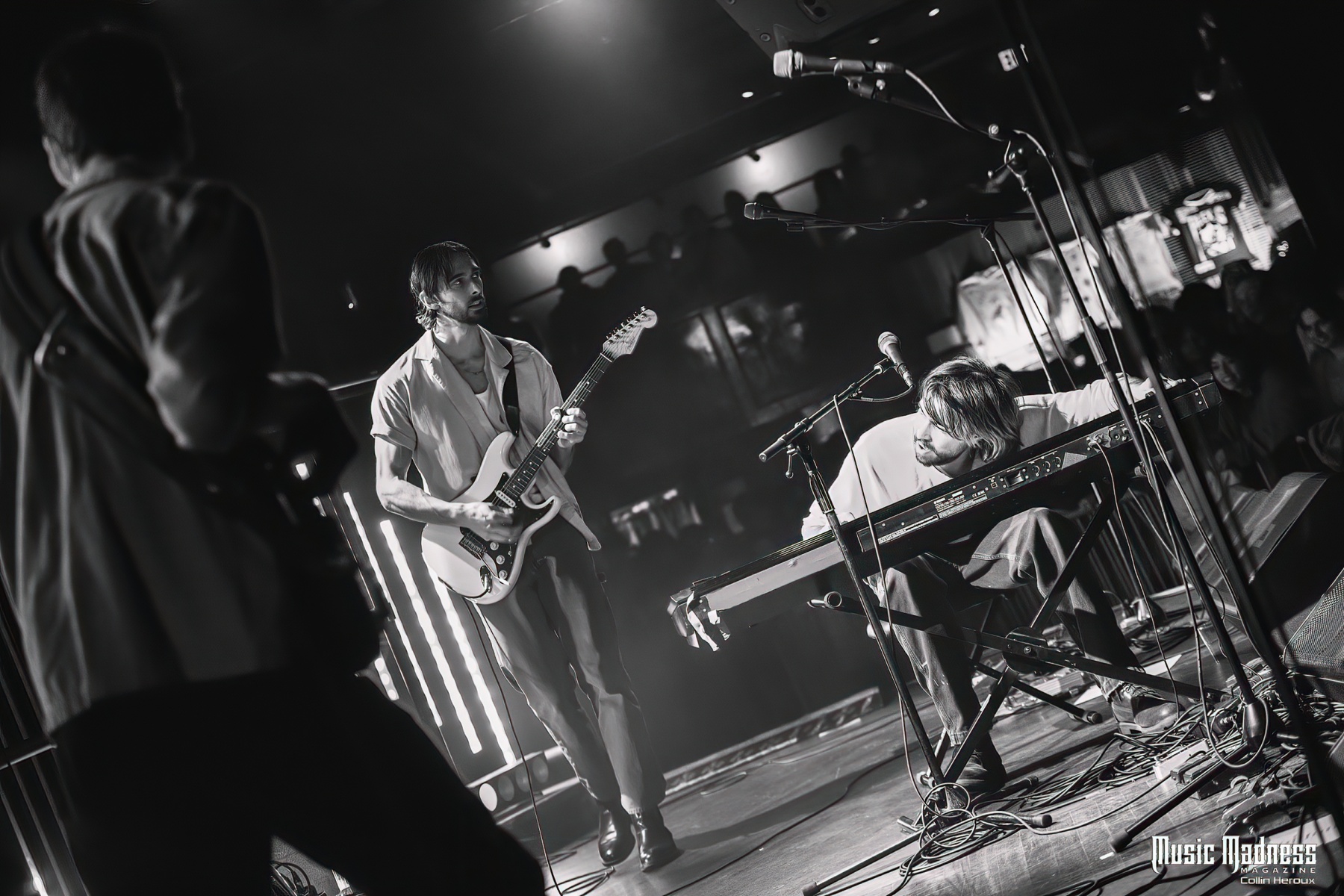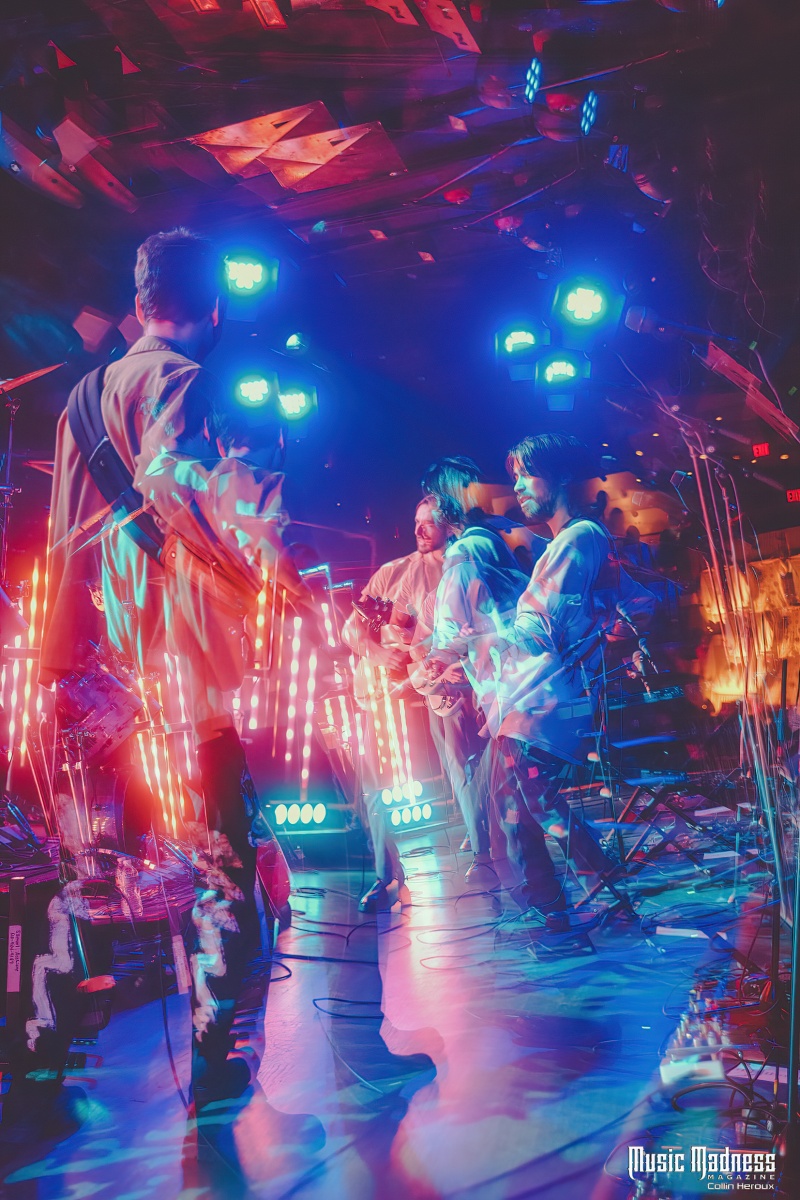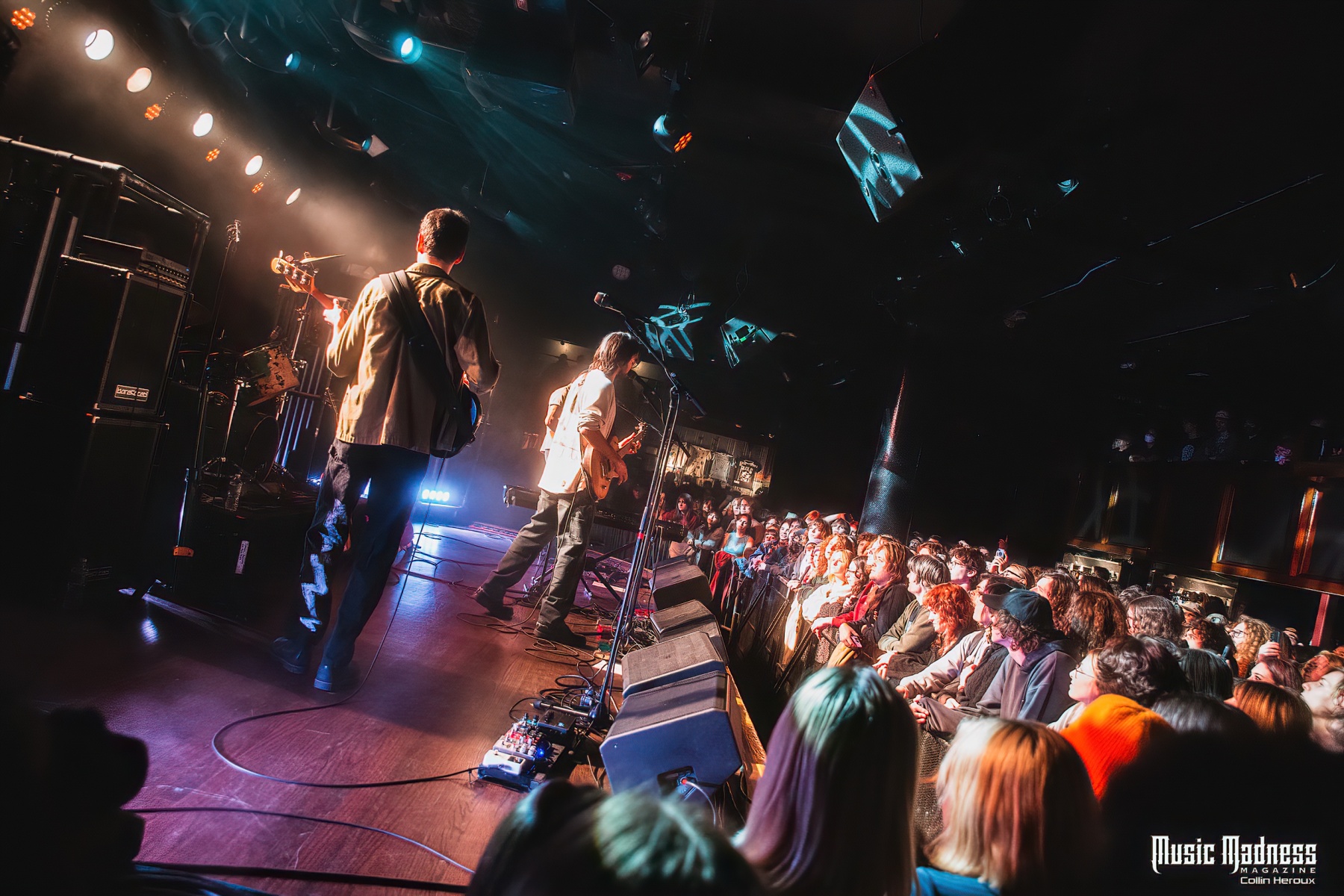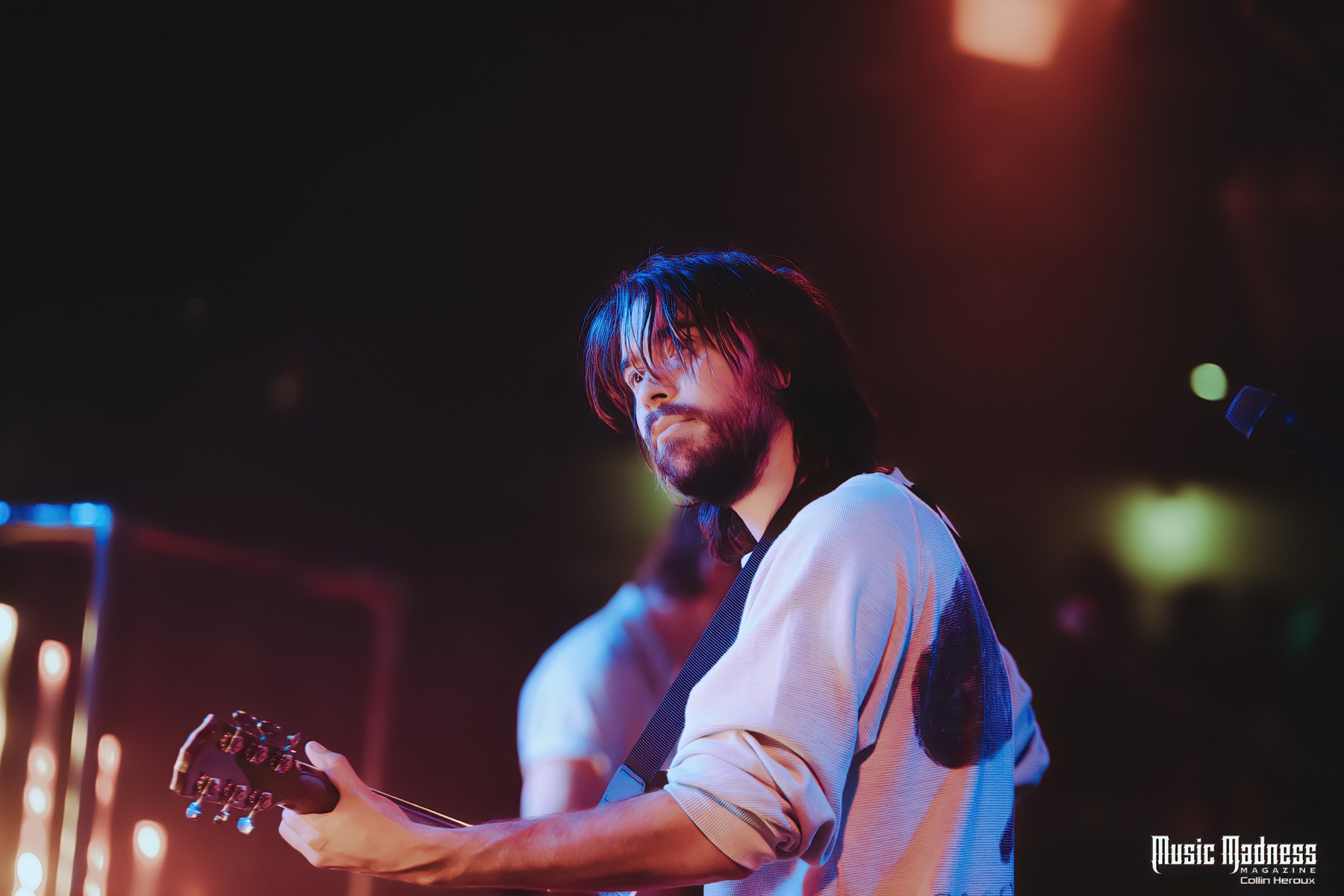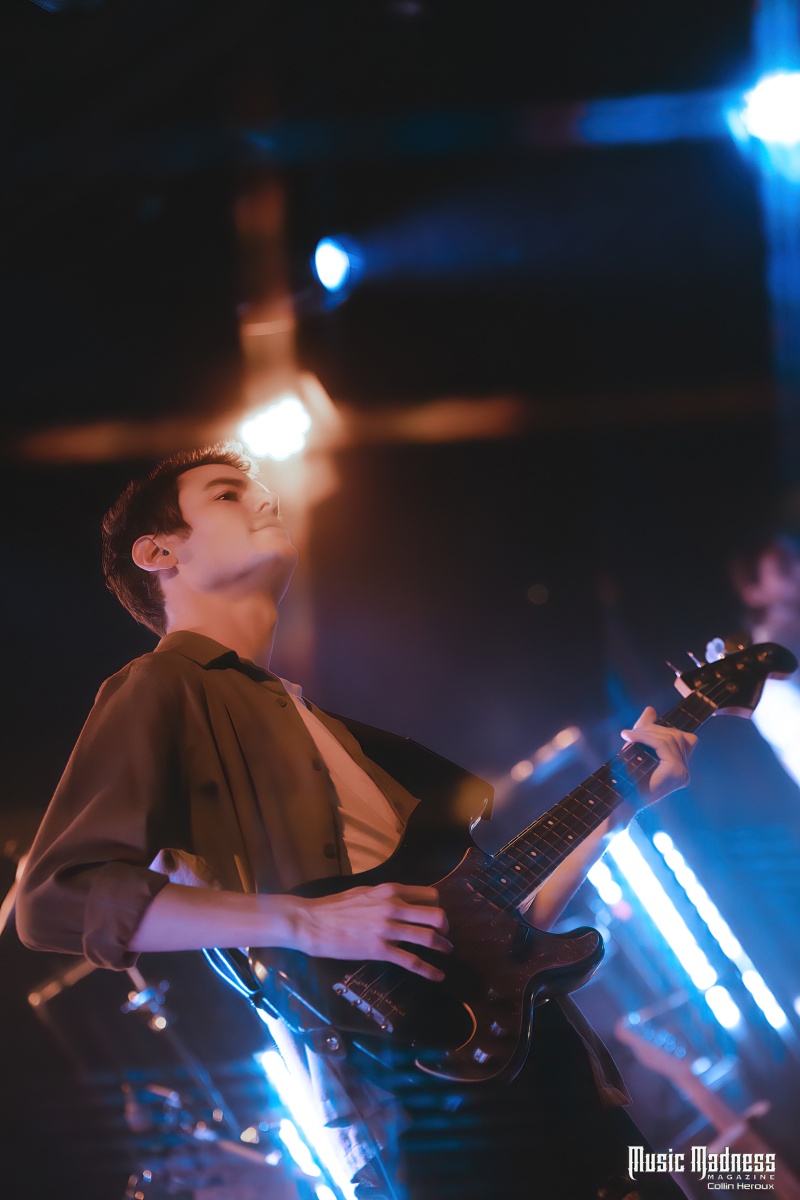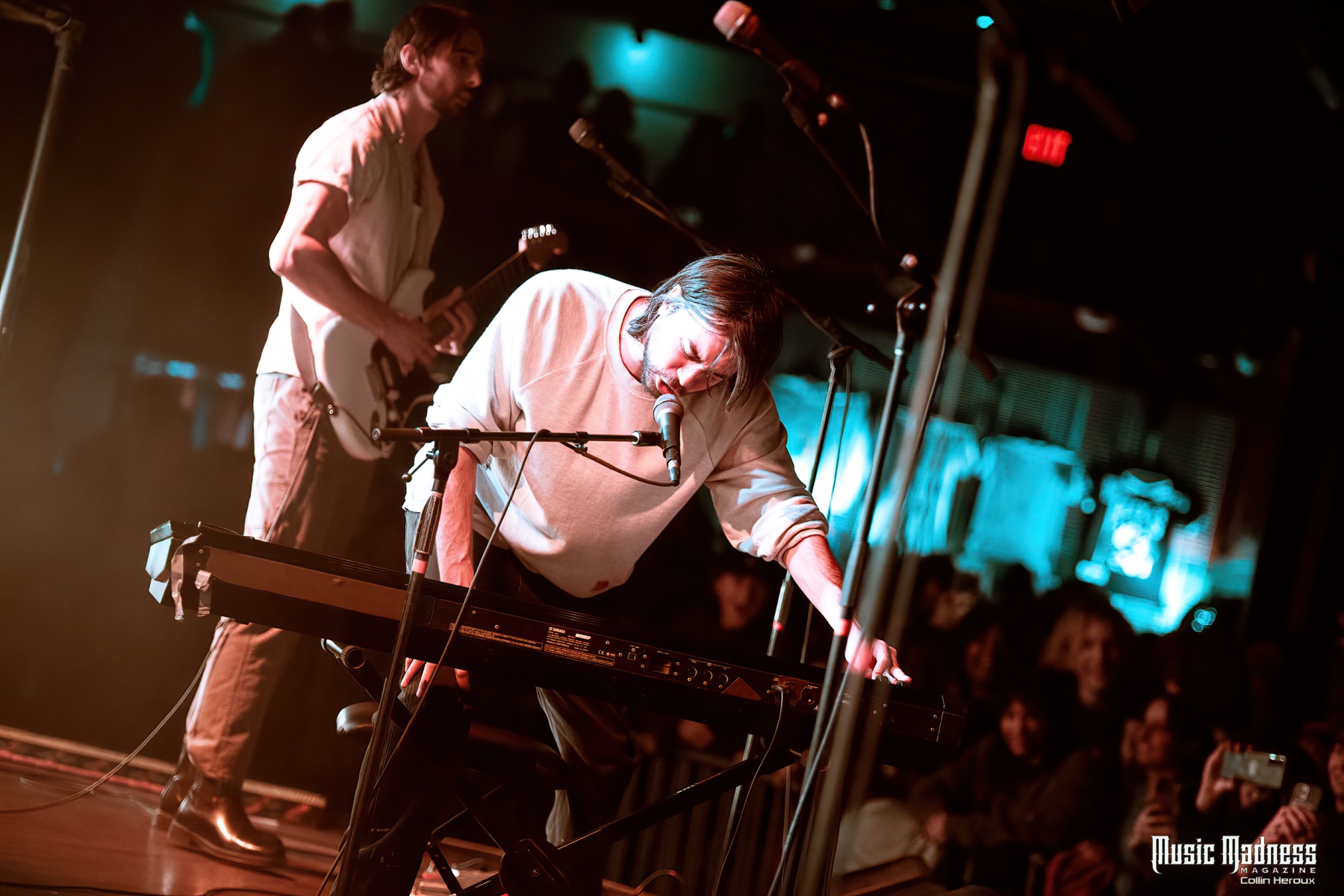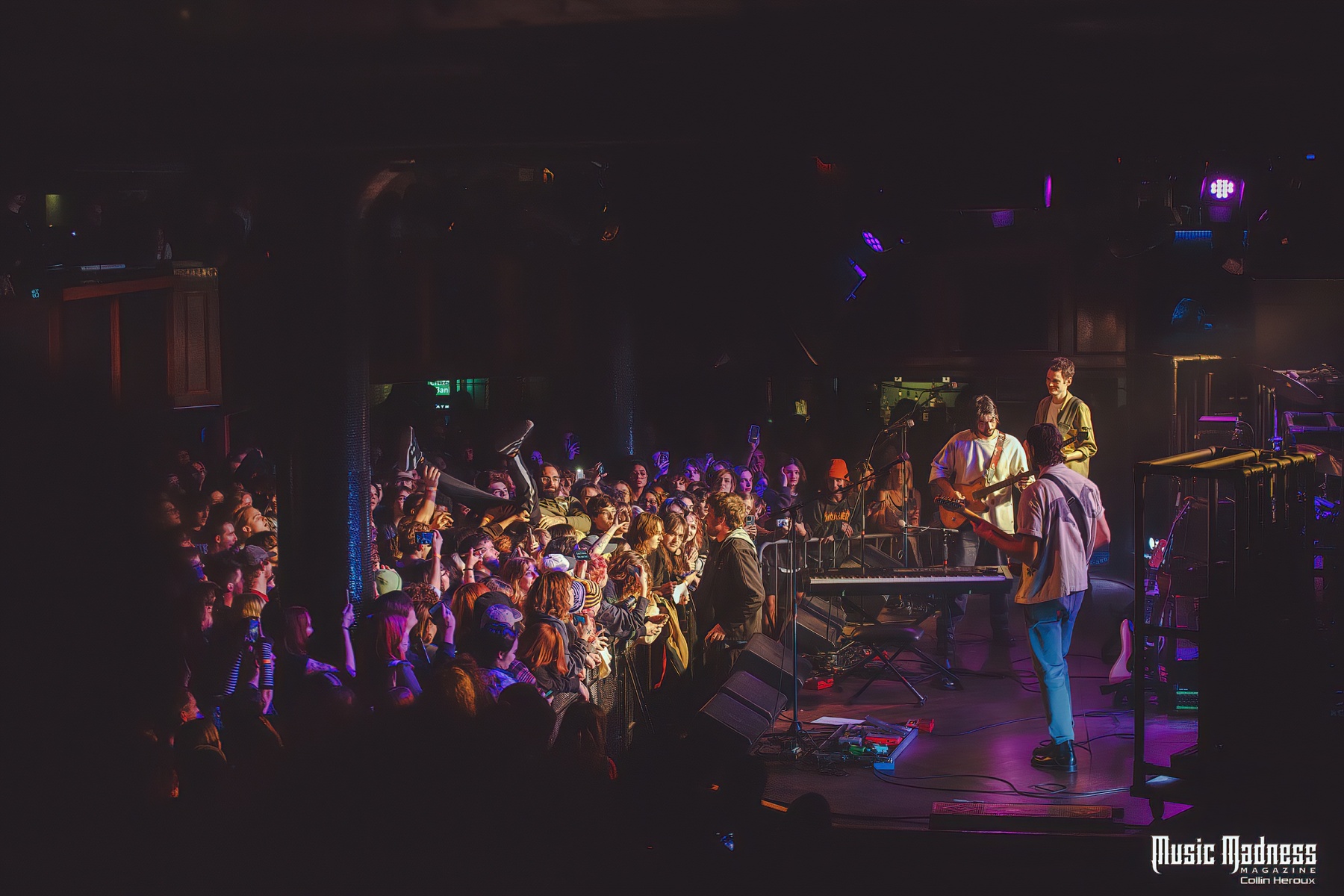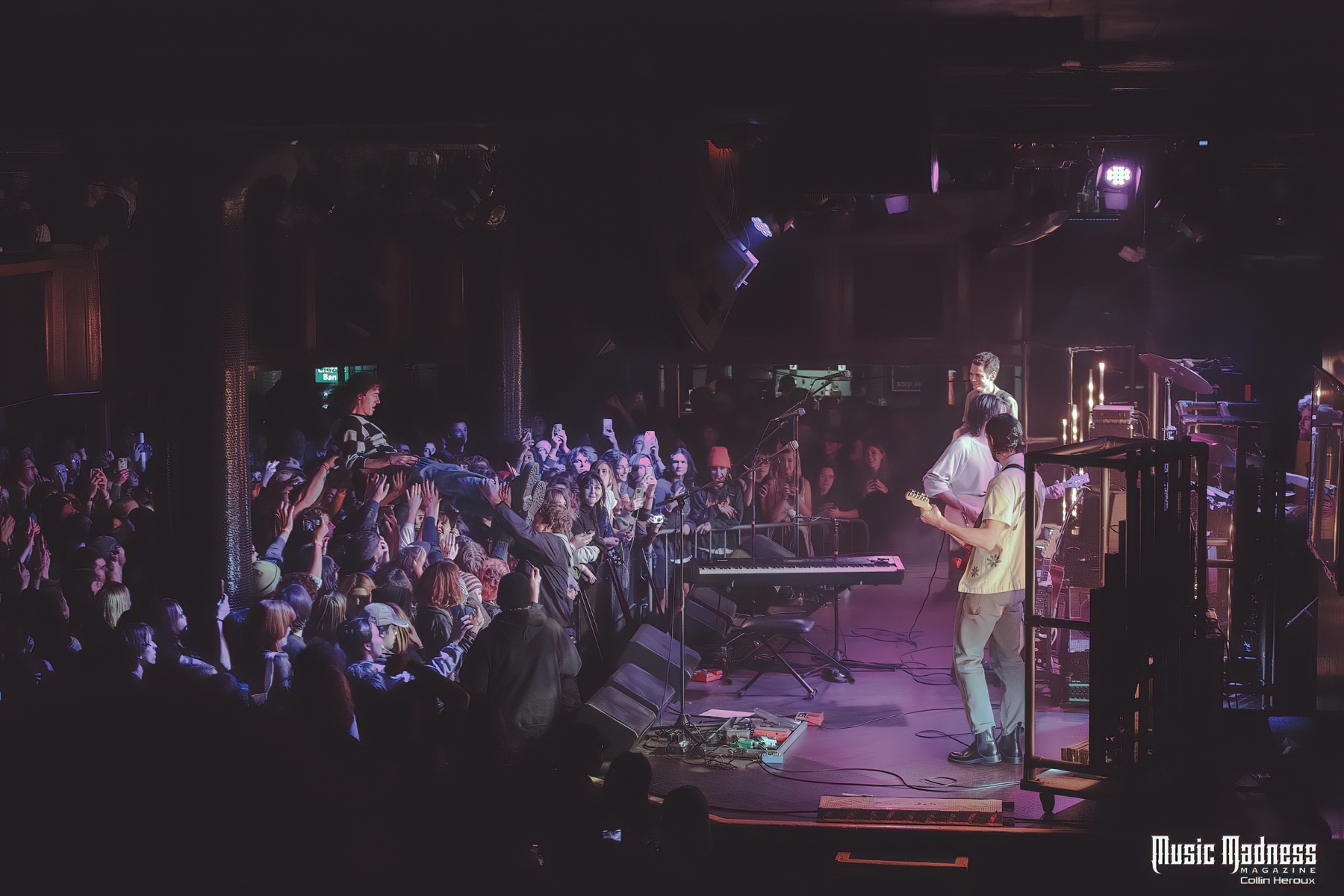
In choosing to record at a full-fledged studio for the first time on his ninth album, 2022’s God Save the Animals, Alex G – these days sans the “(Sandy)” that once prefaced his name – effectively removed the training weights that are the drawbacks of lower-fi recording. But in keeping with that comparison, a “training” weight is hardly any indication of a novice, but rather an additional condition that fortifies and hones a skill. Alex G, surname Giannascoli, had a history similar in some senses to that of Will Toldeo and Car Seat Headrest, establishing a body of self-released work on Bandcamp before gaining recognition from labels, first Orchid Tapes and then Domino, all the while building up a fervent fanbase around his music that has bestowed upon his work something of a cult status in real-time. Trying to summate Giannascoli’s work succinctly is a difficult task; while one can see the structural tradition of pop and rock underneath, he assembles some of the most complexly-layered songs that necessitate repeated listens on quality equipment. Even the titles of his songs and records afford little additional clarity, rarely more than one or two words – God Save the Animals is record-setting at its four.
While his albums span a wealth of emotion, onstage Giannascoli seems consistently in his element. Surrounded by his three bandmates, they have the air of a tight-knit friend group, and while playing Giannascoli seems to truly thrive off of the energy of drummer Tom Kelly, often turning to face him during songs, particularly those that call for intense, loud instrumental passages. There’s a general sense of playfulness, too, with guitarist Sam Acchione leaning over Giannascoli at the piano and the two piecing together bits of Five for Fighting’s ‘Superman’ as an intro to the singular ‘Brick’, one of the band’s loudest songs and a standout from 2017’s Rocket which makes ample use of bassist John Heywood on its lower end. The pit that spawns in the middle of the room during these wild moments takes up more of the room than usual, with people crashing into each other all the way to the far left side of the space.
The evening – the first of three at the Paradise Rock Club that the band booked across the span of a week – finds them circling through all of God Save the Animals, giving a look at how Giannascoli translates each cut to a live setting, which is something of a tall order. Many tracks, such as ‘Aint It Easy’, ‘Cross the Sea’, and especially ‘Blessing’ – whose intro sounds like something from Here Come the Warm Jets fed through malfunctioning machinery – make ample use of the wider dynamic range afforded by a studio, breathy vocals slowed and otherwise warped, often taking on the characteristics of a whisper directly next to one’s ear. This isn’t the easiest trick in a music venue, but each of the songs comes out of the PAs with its distinct weirdness and identity intact, even if not replicated note-for-note, effect for effect. Confidently, the band puts ‘Runner’ – destined to go down as one of the best songs of 2022 – early in the setlist. Its heavy piano and baritone backing vocals are balanced by Giannascoli in a higher register, at least until his final refrain of “I have done a couple of bad things” turns into an unhinged scream before the song snaps itself back into place.
Just as affecting on the new record are songs like ‘No Bitterness’ – it’s one of a few pieces here that adopts an additional degree of clarity. “My teacher is a child / with a big smile / no bitterness,” the folksy first half of the song repeats, as the adult narrator comes full circle and seeks to look at the world with the indefatigable optimism of youth – all before the song’s second wind transforms it into a hyperpop-influenced affair that sounds more like 100 Gecs than anything else that springs to mind. Giannascoli’s talented production makes that transition somehow unbelievably natural, a seeming ease that comes from a historically-unbridled sonic imagination. That song’s appeal to youth becomes particularly pointed in light of ‘Miracles’, which sees Giannascoli definitively looking toward the future and with its gentle cadence has an audience member waving a lone lighter flame in the air. Seemingly in conversation with his partner, it’s huge in scope, and in sound strikes the figure of Neil Young more than Elliott Smith, whom he’s channeled in the past. As “infinite futures become a single past,” Giannascoli faces down his apathy, admitting he’d like to be a father one day, and even openly pondering the limits of songwriting and his career in the face of these shifting priorities.
The biggest sing-along moment of the night, though, comes with ‘Gretel’, whose refrain of “nobody’s gonna push me off track” could be interpreted as a precursor to ‘Mission’ from God Save the Animals. The crowd is perhaps even more animated when – following an encore break soundtracked by ‘Life is a Highway’, of all things – Giannascoli returns to the stage and, confessing he can’t hear much from the crowd, asks people to write song requests for the encore on their phones. Outstretched hands extend the devices towards him, and they collaborate on a six-song encore that trends towards fan favorites from his earlier albums, even going back to debut Race with ‘Gnaw’. A crowd-surfer goes up in the air just in time for a lull, sailing into the waiting arms of staff members at one of the quietest intervals all evening – but a few with better timing soon follow them.
A pair of songs from Beach Music is followed by two from DSU, including ‘Harvey’ – ostensibly about a dog. Even in 2014, Giannascoli was panning to the imagery of animals and, like in ‘No Bitterness’, focusing on an innocent creature unfettered by the concerns and jaded outlook of those who’ve aged. He closed Trick with a song called ‘16 Mirrors’; on ‘Forgive’, the closer to GStA, he says: “No stories, no mirrors”. Alex G “pray[s] for the children, and the sinners, and the animals too” – perhaps, like some conceptions of divinity, all these three are one in the same, and in watching Giannascoli grow and revisit themes in his music over more than a decade, we are watching someone return to themselves in a journey of rediscovery – like trying to approach future fatherhood with the pathos of a child. Perhaps the final line of the night, from ‘Change’, no longer rings true.
Review and photos by Collin Heroux


